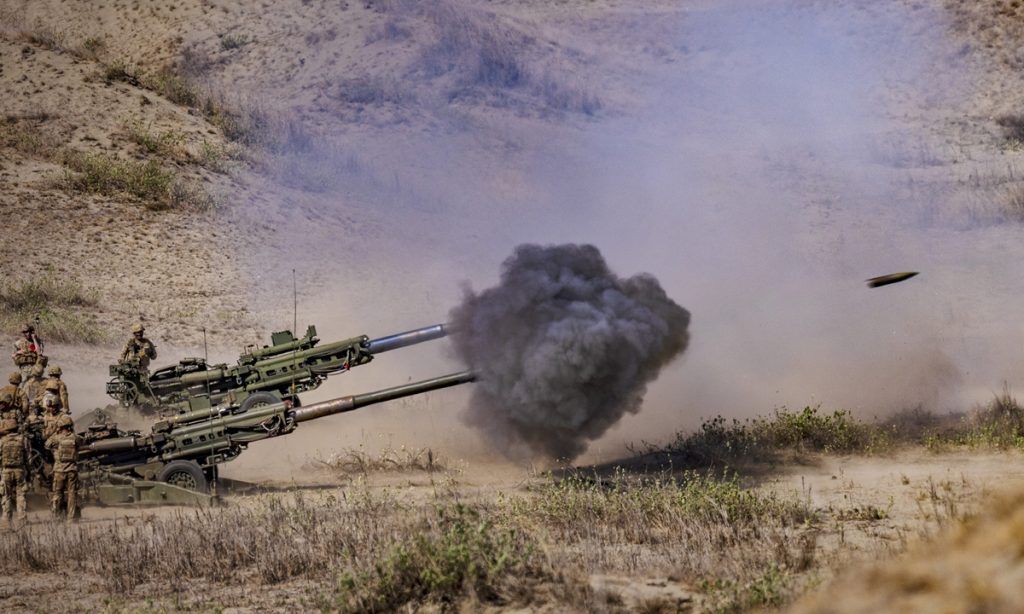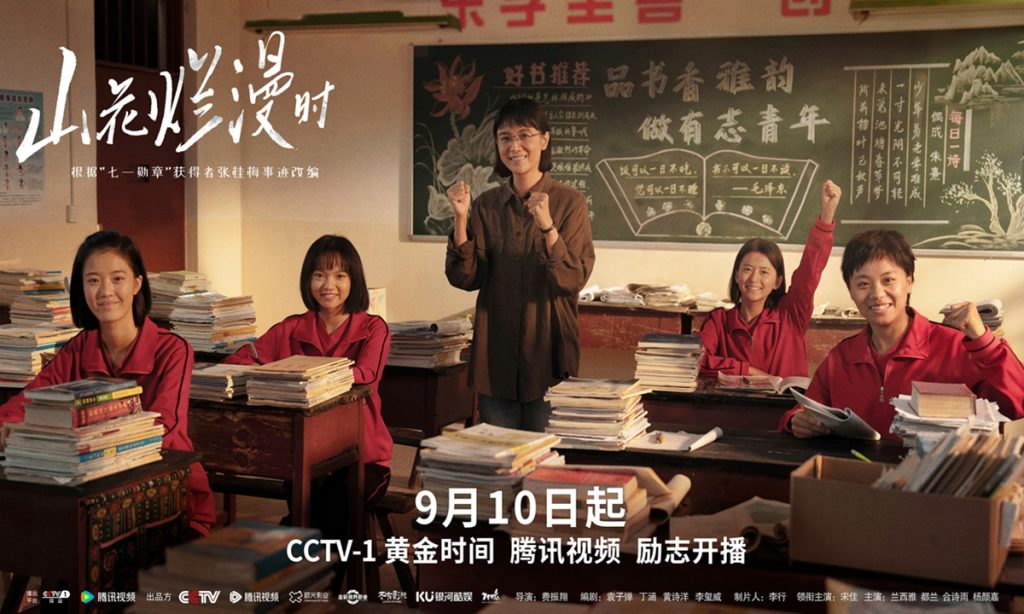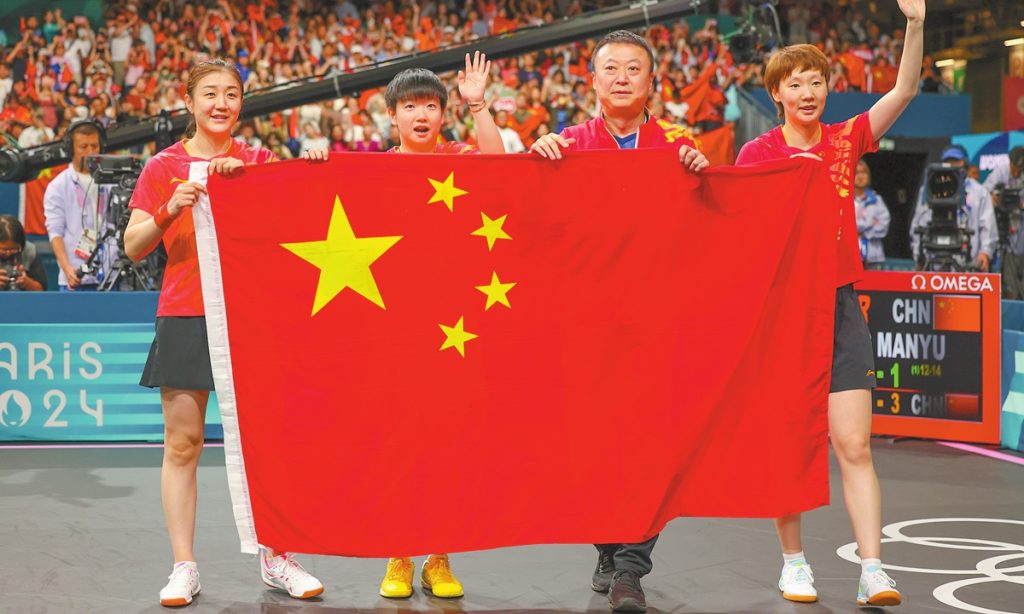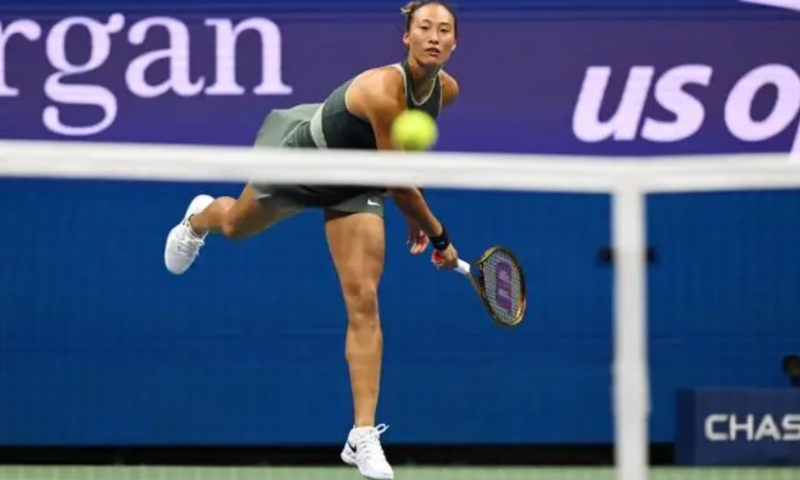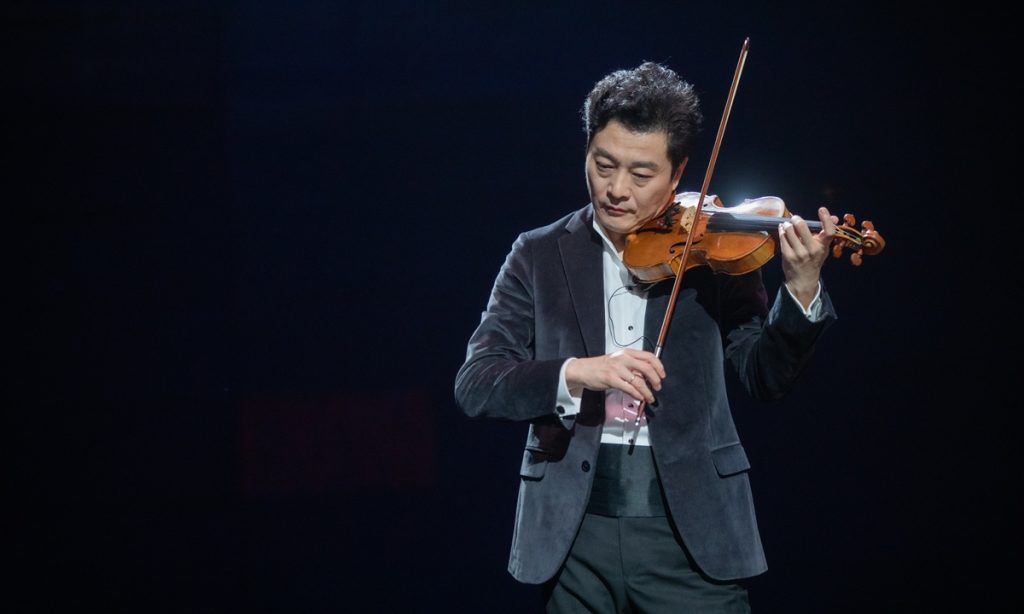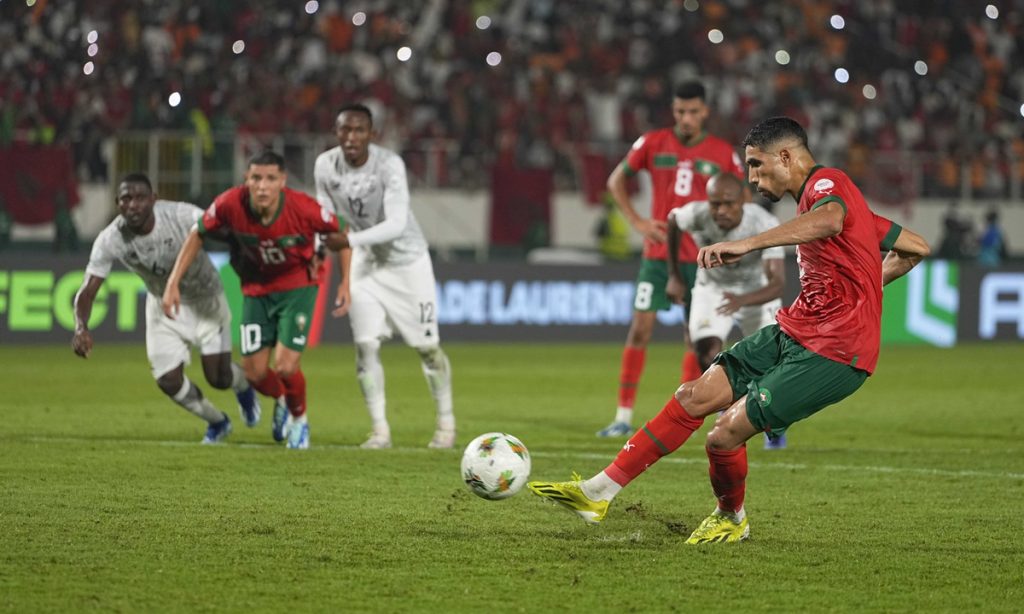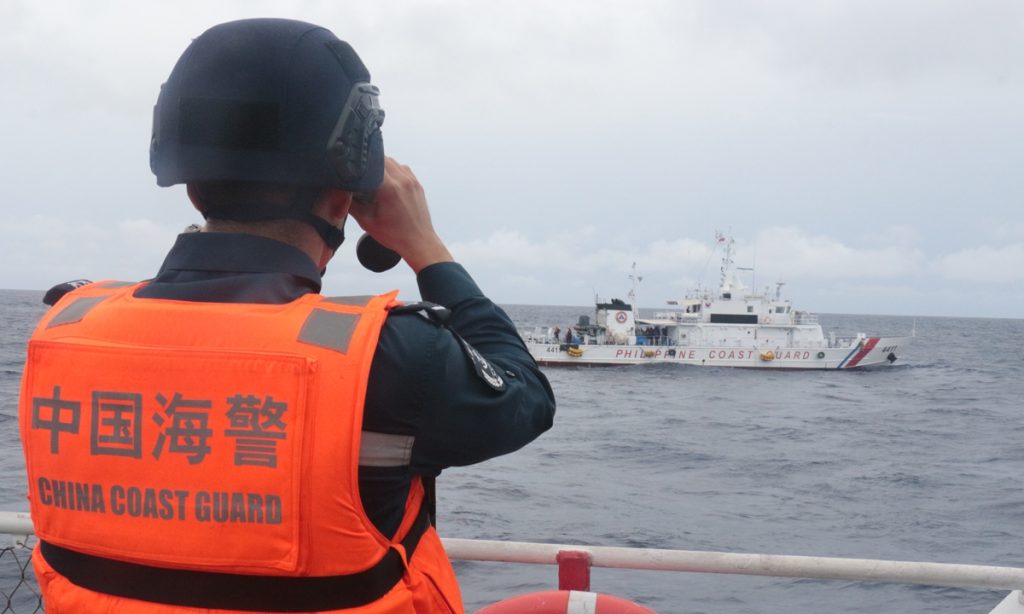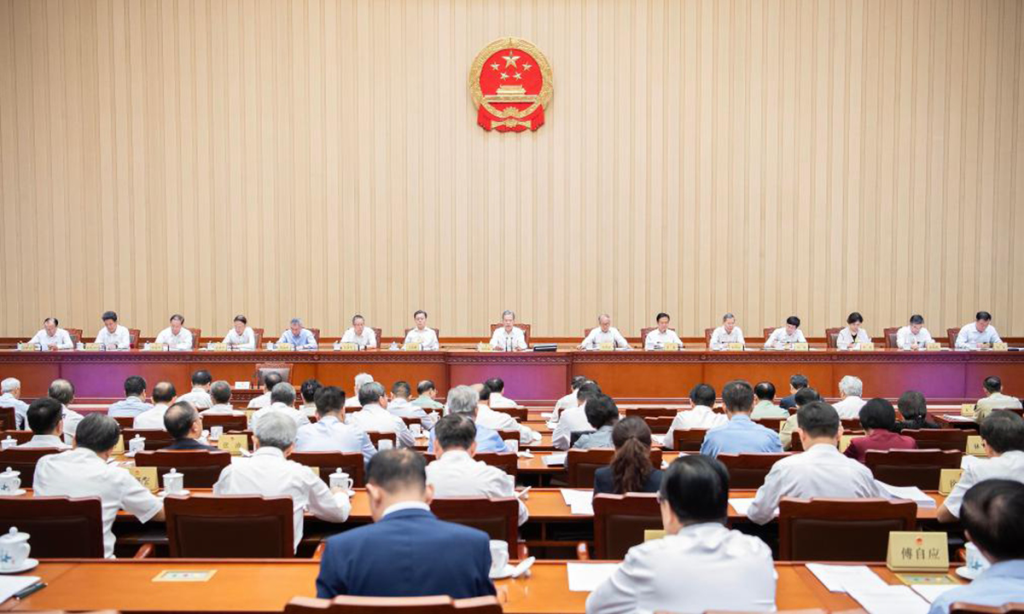Indiscriminate killing: How Japanese military purged ethnic Chinese aged 18 to 50 in Singapore during Sook Ching Massacre

On March 10, 1947, a provisional war crimes tribunal in Singapore officially began the trial of the perpetrators of the "Sook Ching Massacre," a mass killing that took place in the city in 1942. Most of the victims were of Chinese ethnicity. At the time, a Nanyang Siang Pau newspaper journalist named Xie Songshan recorded the trial proceedings.
From the testimonies of the victims and the confessions of the Japanese war criminals, Xie learned of numerous atrocities committed by the Japanese military, which had a profound impact on him.
He later wrote in the preface of his poetry collection, "The victims were all our compatriots, and this is indeed a great sorrow. I recall the time when fathers lost their sons, brothers lost their younger brothers, wives lost their husbands, and children cried for their fathers; there were even entire families that were slaughtered…"
The survivors of the massacre have gradually passed away, but this heavy history should not be easily buried by the sands of time.
Japanese occupation of Singapore
On December 8, 1941, Japanese troops landed in Kota Bharu and then advanced rapidly to occupy the Malay Peninsula, with their sights set squarely on Singapore. The Nationalist government in Chongqing notified the British, expressing their willingness to mobilize overseas Chinese people to cooperate with the British military in resisting the Japanese invasion. Chinese businessman Tan Kah Kee was entrusted with the important task of organizing the Overseas Chinese Mobilization Council.
The association was established on December 30, 1941. It had several departments, including a labor service department responsible for recruiting workers for the government, a security department in charge of patrolling and maintaining public order in various streets, a publicity department dedicated to promoting resistance against the Japanese invasion, and a civilian armed forces department responsible for organizing the overseas Chinese volunteer army. Under the association's organization, local ethnic Chinese people actively responded, with the number of registrants reaching 3,000 in a week, and the total number of subsequent registrants reaching 10,000.
Unfortunately, the Japanese army advanced rapidly, and the Singapore overseas Chinese anti-Japanese volunteer army had to engage in combat with the invading Japanese forces using poorly-made weapons issued by the British army, even before completing their basic military training.
Under the fierce attacks from the Japanese army, the Chinese volunteer army suffered heavy losses and had to retreat to their headquarters at the Nan Chiau Teachers' Training School, where they were subsequently ordered to disband by the British army. The association also completely ceased fundraising in January 1942, and hurriedly transferred the last amount of funds, totaling S$1.6 million, to the Executive Yuan of the Nationalist government in Chongqing before the fall of Singapore.
During the Japanese invasion, local ethnic Chinese people resisted tenaciously in various ways. As Lee Kuan Yew once pointed out, at that time, the only ones who had the courage and confidence, and dared to stand up against the invaders were the Chinese.
After occupying Malaya, General Tomoyuki Yamashita of the Japanese 25th Army began to readjust the administrative divisions of Malaya established during British colonial rule. Malaya was renamed "Malai," and it was divided into 10 states. At the same time, Singapore was renamed "Syonan-to" and designated as a special city, serving as the military and political hub for Japan's southern occupied territories.
Given the special strategic position of Southeast Asia in the Japanese military's plans, the Japanese army formulated three major guidelines for the military and political affairs of the occupied territories: Restore public order, swiftly acquire important national defense resources, and ensure the occupying army's "self-sufficiency in the local area." Among these, the second guideline was deemed the most urgent, while the other guidelines aimed to ensure the smooth achievement of this goal.
Furthermore, the Japanese military explicitly stated in their guidelines that during the course of the war, in order to obtain national defense resources and achieve local self-sufficiency for the military, it was necessary to tolerate, to the greatest extent possible, the heavy pressure on the livelihood of the local population, and pacification work must not violate the above objectives.
In other words, Southeast Asia, as a key resource area in the overall strategy of the Japanese military, had to serve Japan's strategic goal of "fighting to sustain the war." Therefore, the task of the occupying army was to maintain a high-pressure governance mechanism to ensure that the Japanese military could "maximize" the extraction of local resources.
Brutal slaughter of overseas Chinese
Due to the fact that ethnic Chinese people made up over 70 percent of Singapore's total population at the time, targeting and controlling this group became a primary objective for the Japanese occupying authorities.
In February 1942, the Japanese military ordered ethnic Chinese people aged 18 to 50 to report to gathering points. After a brief interrogation, those detained were taken to the coast or remote areas to be executed in what became known as the "Sook Ching Massacre." Sook Ching is a Chinese term meaning "purge through cleansing." This massacre was referred to as "Sook Ching" because the Japanese military issued small slips of paper stamped with the Chinese character "Jian" (meaning "examine") to those who were released. Once these slips were used up, the character was indiscriminately stamped on the clothing or bodies of the released individuals.
Experts pointed out that in practice, the Japanese military transported large numbers of unarmed civilians to execution sites without any investigation, so scholars and experts argue for a redefinition of Sook Ching as a genocide rather than a massacre.
The main purpose of the Japanese military's "cleansing" campaign was to eliminate ethnic Chinese people who resisted the Japanese invasion.
After the "cleansing" began, the Japanese forces ordered all Chinese men aged 18 to 50 to gather at 28 screening centers across the island for inspection, with the Japanese gendarmerie responsible for identifying and screening anti-Japanese individuals. The results of this "examination and cleansing" changed the fates of countless ordinary people.
Those who passed the "examination" received a paper stamped with the Chinese character "Jian," or had the character printed on their bodies and clothing. By contrast, those who failed the "examination" were labeled as "anti-Japanese subversives" and were transported by truck to execution sites.
Some historic materials indicate that the Japanese gendarmerie seemed to use five criteria to determine whether an individual was "anti-Japanese element": First, members of volunteer military forces; second, communists; third bandits; fourth, those carrying weapons; and fifth, individuals listed as anti-Japanese suspects by Japanese intelligence agencies.
However, substantial evidence suggests that the Japanese military did not adhere to these standards during their searches. Reports indicate that the gendarmerie's conviction process was extremely brief and arbitrary. All men who spoke the Hainan dialect, for example, were treated as communists.
According to testimonies from post-war trials of Japanese personnel and accounts from various witnesses, the Japanese military often determined the fate of detainees based solely on brief questioning or visual assessments at the concentration sites. In summary, the so-called "cleansing" was essentially a massacre driven by personal biases, resulting in the indiscriminate slaughter of innocents.
The death toll from this massacre remains a topic of heated debate. Regardless of the exact number of victims, the massacre stands as an indelible crime committed by Japanese fascists during World War II.
Attempts to twist truth in post-war era
During the 1950s, a Japanese government committee was established to take charge of recommending the parole and release of war criminals to the Allied Nations. The committee's recommendations are still closed to the public in Japan, but can be read in the national archives of the UK and the US.
As an example of the committee's recommendations, in 1952, the British government was asked to consider parole for Onishi Satoru, who took part in the Sook Ching Massacre as a Kempeitai officer and was sentenced to life imprisonment by a British war crimes trial. The recommendation says that the figure of 5,000 victims of the massacre was untrue and that his war crimes trial had been an act of reprisal. Although this recommendation was not approved by the British government, it reflects the Japanese government's refusal to admit that mass murder had occurred in Singapore. Among many Japanese nationals, the war crimes trials were, and still are, regarded as a mockery of justice.
Beginning in 1962, numerous human remains dating back to the occupation were found in various locations around Singapore. Prolonged discussions between the Singaporean and Japanese governments relating to these deaths led to a settlement in 1967. This was reported in the Japanese press, but only as minor news.
During negotiations with the Singaporean government, the Japanese government rejected compensation demands but agreed to provide funding in other forms as a "gesture of atonement." However, the Japanese government ultimately refused to accept legal responsibility for the massacre or to investigate the death toll.
As many survivors began publishing memoirs and historians released research on the Sook Ching Massacre, the truth about the tragic event gradually came to light. Unfortunately, this did not garner widespread attention from the Japanese public.
In 1982, the Japanese Ministry of Education ordered the deletion of passages relating to Japanese wartime atrocities in Asia from school textbooks, and instructed textbook authors to replace the term "aggression" with less emotive terms, such as "advance." Descriptions of the Singapore massacre in high school history textbooks are particularly rare. According to research in the 1990s, just eight out of a total of 26 textbooks mentioned the event. The most widely used textbook states simply that "atrocities took place in Singapore and elsewhere." Other textbooks say that the Japanese army massacred tens of thousands of overseas Chinese people in Singapore and Malaya, but even these descriptions are limited to one or two lines, and give no details.
The historical distortion surrounding the Sook Ching Massacre is not an isolated case. In the eight textbooks approved by the Japanese Ministry of Education in April 2005, descriptions of Korean forced labor have all but disappeared, as has the term "comfort women."
The Sook Ching Massacre cannot be viewed as the actions of "a few evil individuals," but only as an extension of Japan's aggression. It was a large-scale, organized, and systematic campaign of slaughter and plunder against the Chinese community, an unforgettable part of the atrocities committed by Japanese fascists in Asia.
As Japan's Ambassador to the Philippines recently intervened in the South China Sea issue, he might do well to reflect on his country's historical role in Southeast Asia during World War II. The Philippines should also consider whether accepting the overtures of a neighbor with a bloody past and no inclination for reflection is akin to inviting a wolf into the house. A careful examination of 20th-century Asian history reveals that a responsible attitude toward history must be grounded in remembrance and an understanding of reality. Only by correctly recognizing history can we better shape the future.
The story was originally published on National Humanity History magazine.
